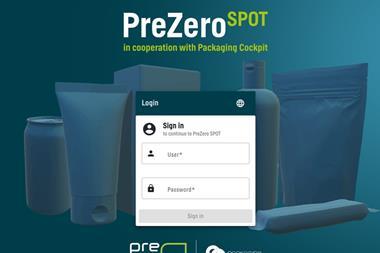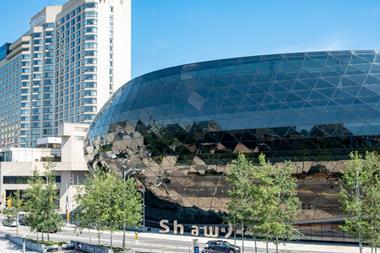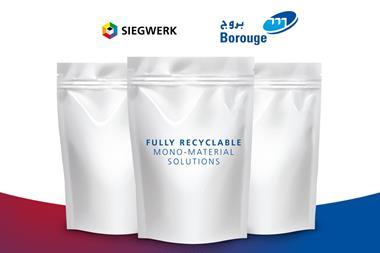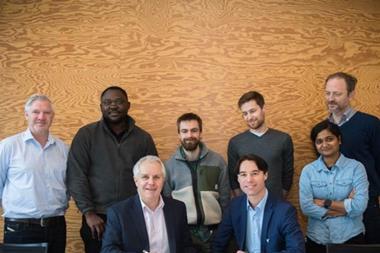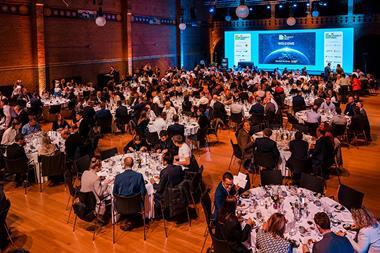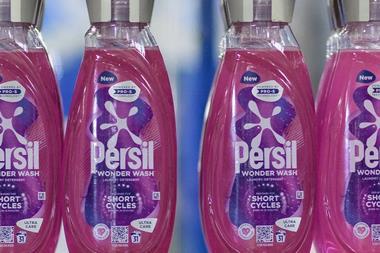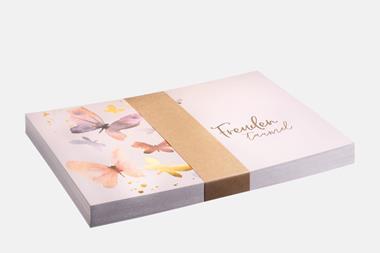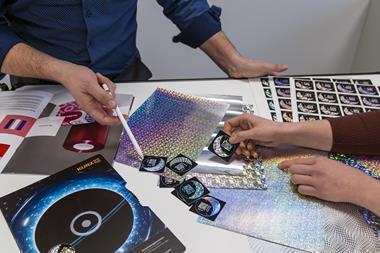Sustainability Awards 2017 runner-up: Weight Reduction
Coveris Rigid, Optys Bottle
The Optys bottle, aimed at the food, homecare and personal care markets, reduces packaging materials and weight, and simultaneously reduces transportation and energy. It achieves this by eliminating the label or sleeve, and instead simply using a pre-printed polypropylene sheet that is thermoformed on-site with a patented technology developed by Serac. This technology allows precise calibration of a sheet’s thickness and ensures a minimal amount of plastic is used, which gives Optys, according to Coveris, the best packaging to volume weight ratio on the market (9 g for 195 ml in the case of Turkish customer Eker).
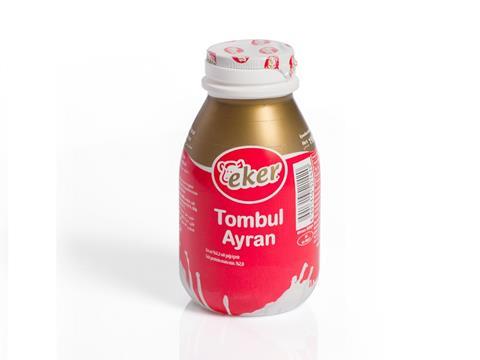
Precision was a key to the feasibility of this innovation. It was essential that the PP, rotogravure printed, accurately anticipated the distortions occurring during thermoforming. In the manufacturing process the artwork is coupled with an indexing spot that ensures the setting of the PP sheet on the Agami machine.
The carbon footprint of the Optys bottle is low thanks to entirely on-site manufacturing and application of artwork directly to the extruded polypropylene plastic sheet, eliminating transportation and production of preforms, labels, and sleeves. Moreover, the plastic sheets are delivered in reels that require far less volume for transportation than empty bottles or preforms. Further benefits for the environment include the good level of hygiene and closed neck of the bottle, which makes use of chemical decontamination unnecessary and eliminates use of water and chemical products harmful to the environment.
From a marketing perspective, the format has the advantage of 100 per cent decoration from bottom to top of neck, and an ability to produce various colours on the outside and inside of the bottle. The bottle is easily recycled and has a wide range of applications, including for dairy products, sauces and juices, as well as non-food applications, such as homecare and personal care products. In addition, simplification brings production advantages: at 10,000 bottles per hour, it breaks records in production speed for a bottle with this kind of decorated surface.

